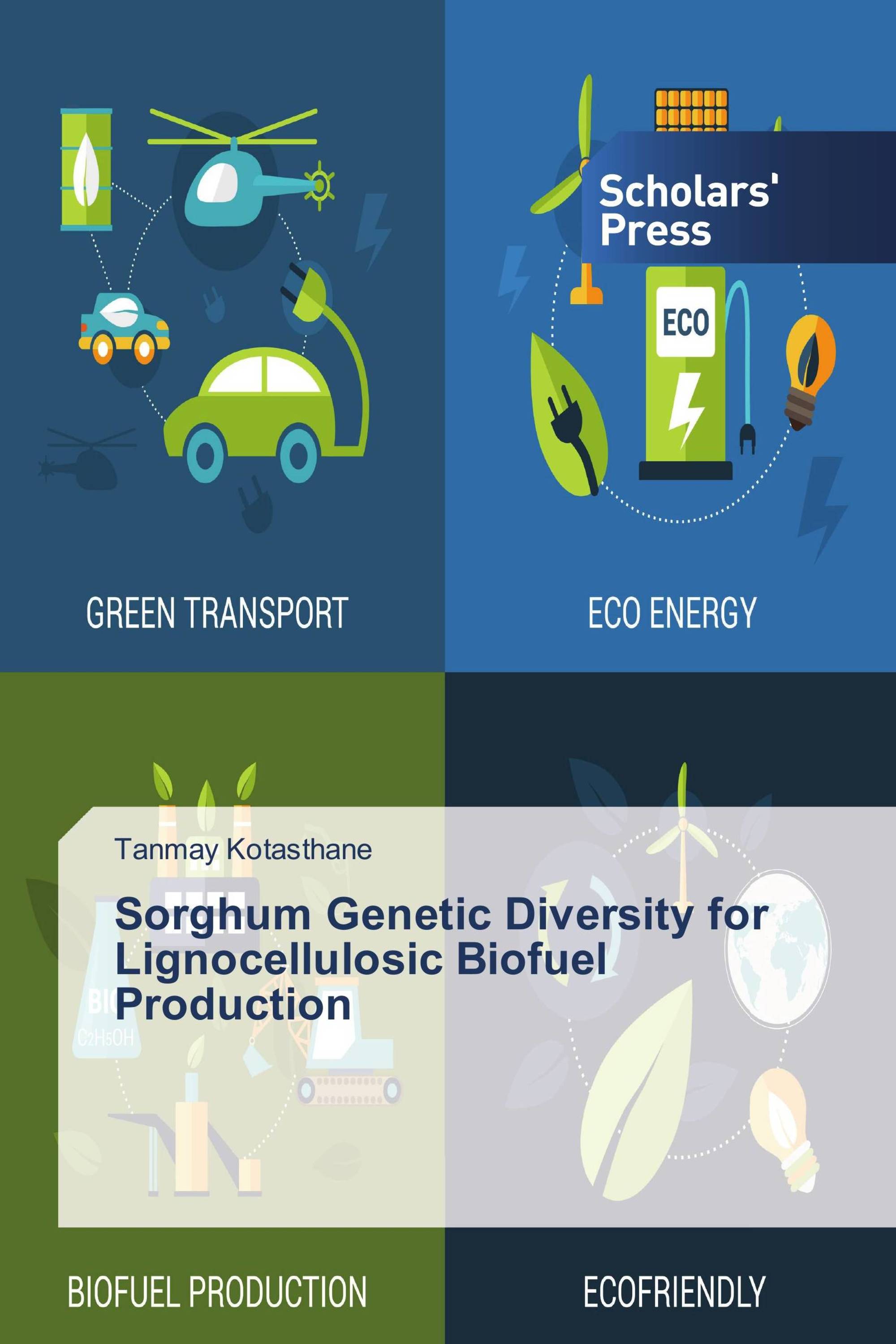Producing energy from biomass can be cost competitive today, in particular heat. However, in many cases, economic incentives are currently needed to off-set cost differences between bio-energy and fossil fuel-generated electricity and heat. Support measures should be backed by a strong policy framework which balances the need for energy with other important objectives such greenhouse-gas reduction, food security, biodiversity, and socio-economic development. In addition, new dedicated bio-energy plants are becoming increasingly important to meet growing demand for bio-energy electricity and heat. Conventional biofuel technologies include well-established processes that are already producing biofuels on a commercial scale. These biofuels, commonly referred to as first-generation, include sugar- and starch-based ethanol, oil-crop based biodiesel and straight vegetable oil, as well as biogas derived through anaerobic digestion. Advanced biofuel technologies are conversion technologies which are still in the research and development (R&D), pilot or demonstration phase, commonly referred to as second- or third- generation.
Book Details: |
|
|
ISBN-13: |
978-3-659-84208-5 |
|
ISBN-10: |
3659842087 |
|
EAN: |
9783659842085 |
|
Book language: |
English |
|
By (author) : |
Tanmay Kotasthane |
|
Number of pages: |
148 |
|
Published on: |
2016-09-06 |
|
Category: |
Agriculture, horticulture, forestry, fishery, nutrition |
